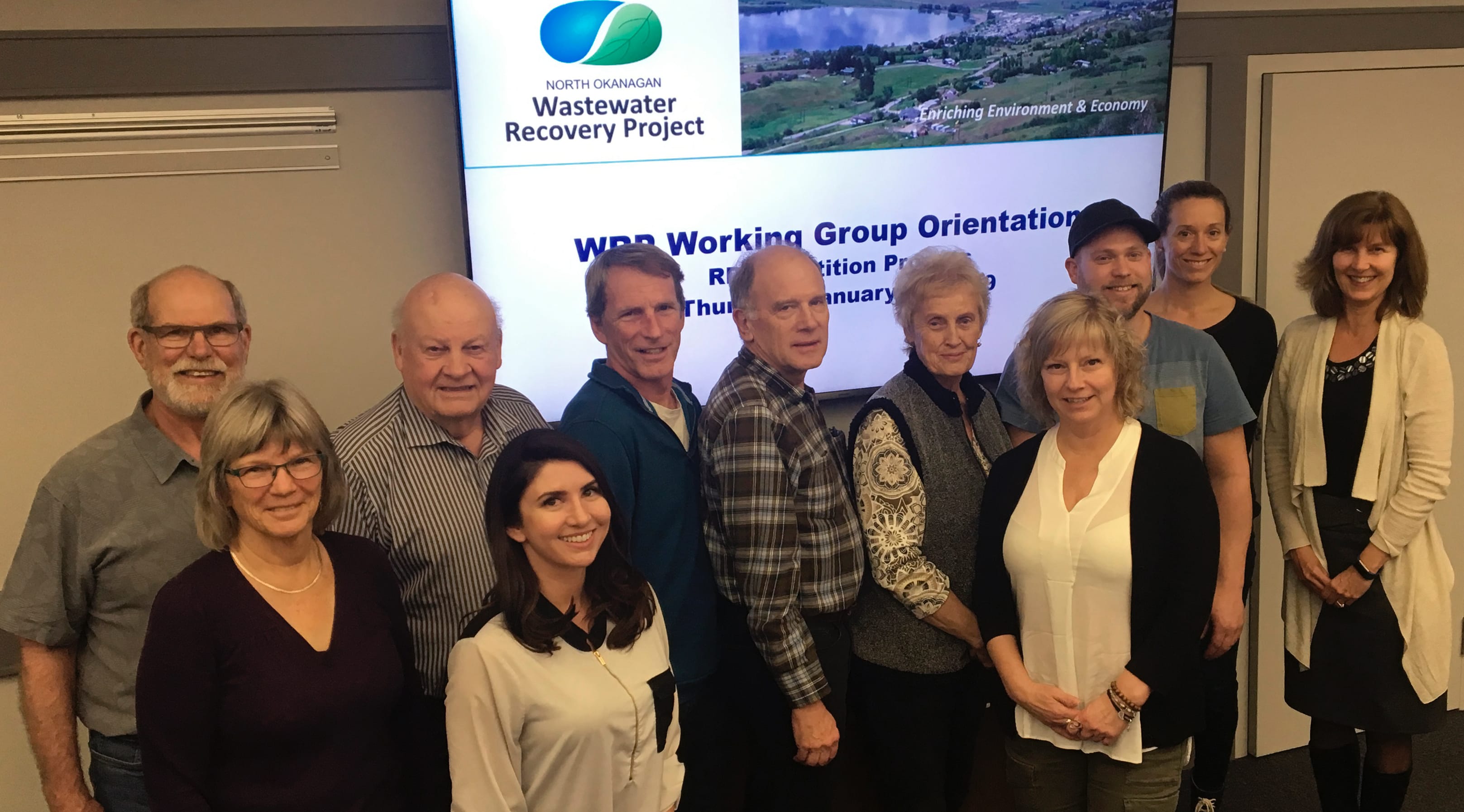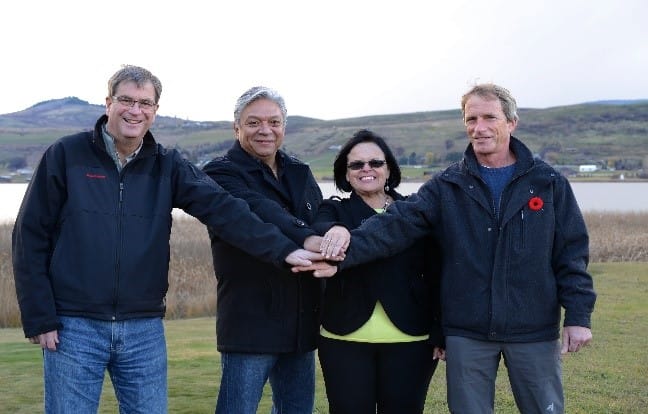Project Description

Please note that this project is awaiting permitting approvals and further funding opportunities.
The North Okanagan Wastewater Recovery Project is a unique and innovative partnership between the Regional District of North Okanagan (RDNO), Township of Spallumcheen and Okanagan Indian Band (OKIB) to explore ways to build an efficient and affordable wastewater collection and recovery system to serve the environment, area residents and businesses well into the future.
Launched in 2015, the collective goal is to address concerns over environmental degradation of Swan Lake, the challenges of drought-conditions for local agriculture and the limited ability to sustainably meet the demands for industrial, commercial and residential growth in the area. The project will provide wastewater service to residences and businesses in portions of RDNO Areas B and C, the Township of Spallumcheen’s south-east industrial area, and to OKIB IR#4 at the north end of Swan Lake and have the capacity to expand to meet future demand.
For more information about the project, please contact:
Doug Allin
Chief Administrative Officer
Township of Spallumcheen
Email: cao@spallumcheentwp.bc.ca
Phone: 250-546-3013
Regional District of North Okanagan
info@rdno.ca
Phone: 250-550-3700
RDNO, Township of Spallumcheen, Okanagan Indian Band
Finds Swan Lake negatively impacted by septic systems
Reports that this project is technically and financially viable
To progress planning
Refines technical elements and identifies funding opportunities
To provide local perspective from the North Okanagan
76% support via community survey




